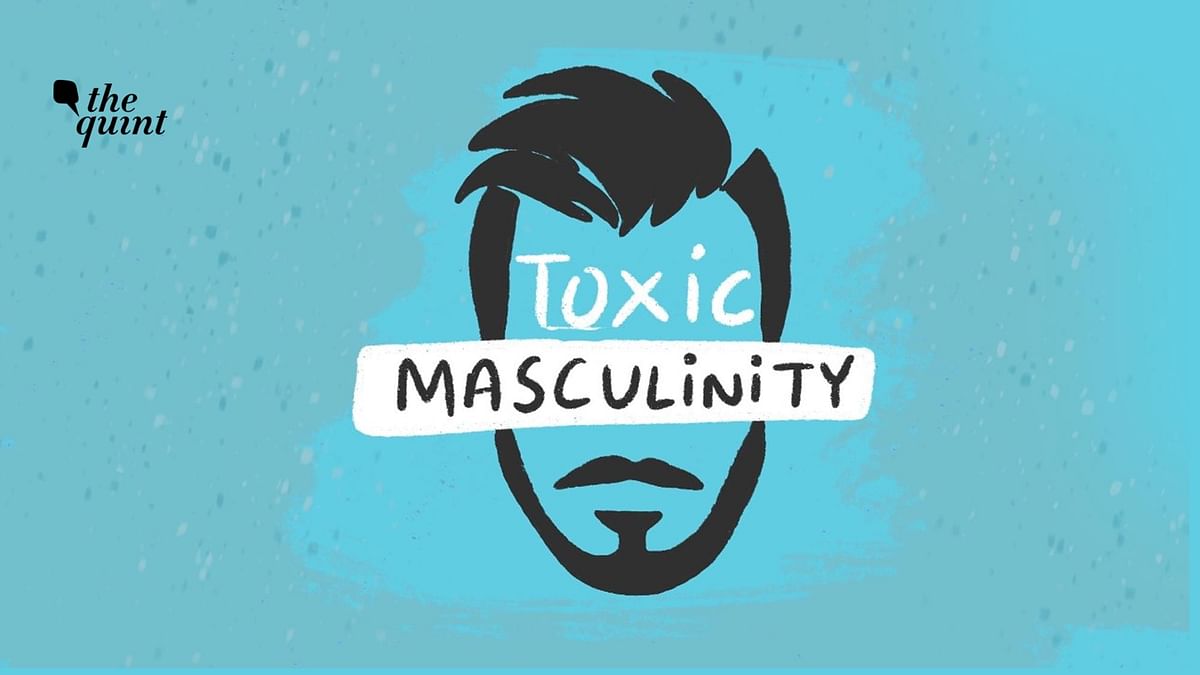What Is Toxic Masculinity?
For decades, we used adjectives like “macho,” “red-blooded,” and “machismo” to characterise the kind of massive masculinity that men were expected to aspire to on some level.
Now we have “toxic masculinity,” an expression that was previously restricted to women’s studies classrooms but now appears to be ubiquitous.
The American Psychological Association published its guidelines for psychologists working with boys and men who have been socialised to conform to “traditional masculinity ideology,” which it claims can prevent them from exploring what it means to be a man.
So, what exactly is “toxic masculinity” or “typical male ideology”? It has been defined in part by researchers as a combination of actions and attitudes that include the following:
Suppressing feelings or concealing pain
Maintaining the appearance of toughness
Violence as a source of power (see “tough-guy” behaviour)
Considering sex to be a sport
Having the right to sex from others
Making use of power over women, ‘weaker’ men, and marginalised groups
To put it another way, toxic masculinity is the result of teaching males that they cannot freely express their emotions; that they must be “tough all the time”; and that anything less than that makes them “feminine” or weak. (This is not to say that all guys are intrinsically harmful.)
Is masculinity a negative trait?
There is nothing inherently wrong with masculinity or femininity, or with a desire to fulfil certain masculine features, such as caring for one’s family or being chivalrous — these can all be great traits. However, if that masculinity becomes poisonous and is utilised to gain power and control over others, it can become a problem.
It’s also important to realise that certain features considered ‘masculine’ do not belong solely to males, just as certain traits considered ‘feminine’ do not belong solely to women. Women are determined and hardworking, just as males can be emotional and express emotion – and neither is incorrect.
To whom does the term “toxic masculinity” refer?
Toxic masculinity does not apply to all males, nor does it imply that men are toxic. Toxic masculinity, on the other hand, refers to specific behaviours and performances that are based on gender stereotypes. Men learn these behaviours at a young age, and they can become an integral component of their male identity and status. These behaviours are considered acceptable in our patriarchal society (a society dominated and influenced by men). As a result, not everyone will perceive this behaviour as antisocial or harmful, because they consider it usual.
However, in actuality, this behaviour can be harmful to women, non-binary persons, and males. To comprehend toxic masculinity, we must examine not only traditional concepts of masculinity and femininity but also the concept of gender itself.
How toxic masculinity affects others
Toxic masculinity can damage people in a variety of ways, including males themselves. Toxic masculinity can have the following effects on people:
Power and toxic masculinity
Toxic masculinity is ultimately about having power over others, whether that power is over women, other males, or groups of people they perceive to be weaker or less significant. Some guys will find various ways to demonstrate their authority to other men, almost as if it were a competition.
They may do so by attempting to be the most physically strong or built-up, by discussing stories of sexual ‘conquests’ or triumphs, by boasting about how much money they make, or by finding another way to demonstrate that they are more ‘masculine than the rest.
Violence and toxic masculinity
Men are not inherently violent. Men, on the other hand, are more likely than women to be convicted of a violent crime. This is because they grew up in a culture where being aggressively masculine was expected, which culminated in violent behaviour. This is a symptom of toxic masculinity because it makes males feel the need to demonstrate their manhood through physical dominance and the use of violence.
Men’s mental health and toxic masculinity
Toxic masculinity has been shown to have a harmful impact on men’s mental health. If males are instructed to repress their feelings and are made to feel ashamed for crying or talking about how they feel, it can make it even more difficult for them to call out when they are in a mental health crisis.
People who feel they can’t discuss and instead choose to bottle everything up are more likely to develop mental health issues. Remember that we all have mental health issues, just like we all have physical health issues, and it helps to open up and talk about them.
How do we combat toxic masculinity?
When analysing toxic masculinity, it’s also vital to consider how we might combat it. Combating toxic masculinity can help men better their mental health while also creating safer settings for women and non-binary persons. We can achieve this by talking about it, speaking up when we hear something we know is wrong, and challenging our own preconceptions about how men and women should behave in society.




